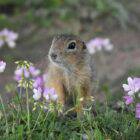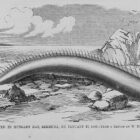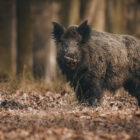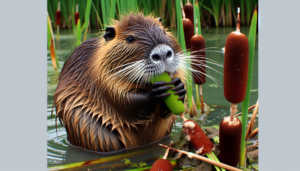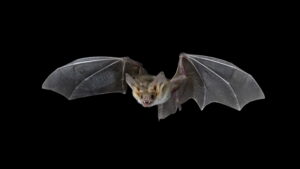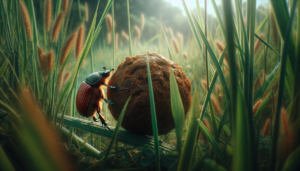Do monkeys get drunk with fermented sugar cane?
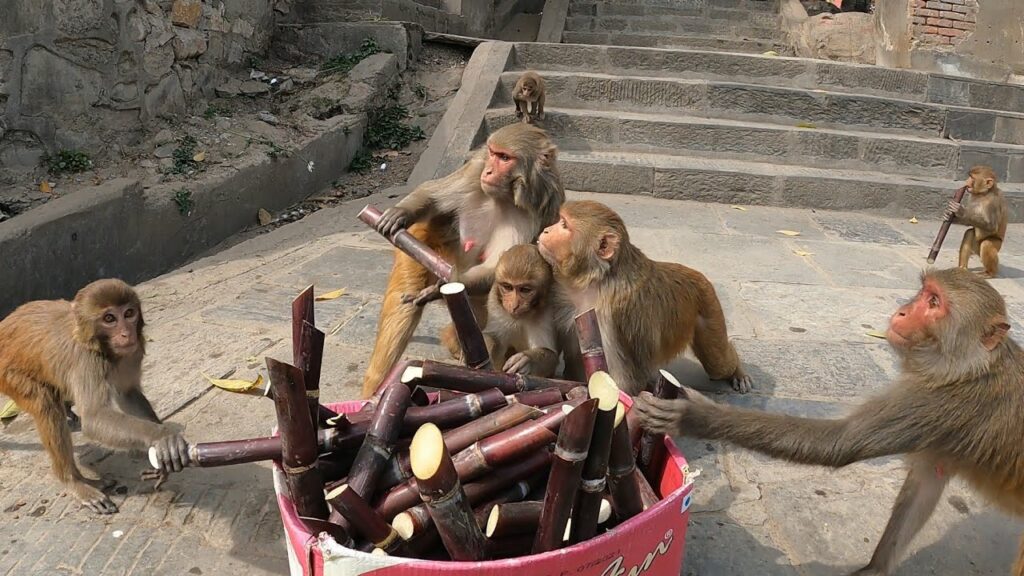
The notion of animals getting intoxicated is not unfamiliar, and stories of monkeys allegedly getting drunk on fermented sugar cane have circulated for years. These tales evoke both amusement and skepticism, prompting us to delve into the scientific realm to determine whether there is any truth behind the myth of inebriated monkeys swinging through the trees.
The myth of monkeys getting drunk on fermented sugar cane has its roots in anecdotal observations and stories passed down through generations. Tales of mischievous monkeys raiding sugar cane fields and exhibiting seemingly intoxicated behavior have fueled the narrative. However, before we accept these stories as truth, it’s essential to examine the scientific evidence that either supports or debunks this widely held belief.
The Science of Fermentation
Fermentation is a natural and ancient process by which microorganisms, primarily yeast, metabolize sugars into alcohol and carbon dioxide. In the context of sugar cane, the primary sugar involved is sucrose. When microorganisms come into contact with sucrose, they break it down into simpler sugars, such as glucose and fructose, initiating the fermentation process.
Yeast, a microscopic fungus, plays a central role in the fermentation of sugar cane. Saccharomyces cerevisiae, a common yeast strain, is particularly adept at converting sugars into alcohol. When sugar cane is crushed or damaged, exposing its inner juices, naturally occurring or ambient yeast in the environment can colonize the sugar-rich environment and kickstart the fermentation process.
As yeast consumes sugars in sugar cane, it produces ethanol (alcohol) as a metabolic byproduct. The accumulation of ethanol is the hallmark of successful fermentation. The concentration of alcohol in the fermented solution depends on the initial sugar content of the substrate and the efficiency of the fermentation process. In the case of sugar cane, which is rich in sucrose, the potential for significant alcohol production exists under suitable conditions.
Do Monkeys Seek Intoxication?
Before delving into whether monkeys actively seek intoxication, it is essential to acknowledge the impressive cognitive abilities of primates. Studies have highlighted the advanced problem-solving skills, tool use, and social complexities exhibited by various primate species. These cognitive capacities provide a foundation for understanding whether monkeys possess the awareness and intentionality to seek out substances for their intoxicating effects.
The Role of Curiosity
Curiosity is a hallmark of primate behavior, and monkeys are no exception. Their inquisitive nature prompts them to explore their surroundings, interact with different objects, and sample a variety of foods. This curiosity may extend to novel substances, including those that happen to be fermenting in their natural environments. Observations of monkeys investigating and tasting different items contribute to our understanding of whether they actively seek out the intoxicating effects of fermented sugar cane.
Self-Medication Hypothesis
The self-medication hypothesis suggests that animals, including primates, may selectively consume certain substances for their potential medicinal or psychoactive properties. In the context of monkeys and fermented sugar cane, this hypothesis raises questions about whether the consumption of alcohol-containing substances serves a specific purpose, such as alleviating stress or addressing internal parasites.
Observations in the Wild
Examining the frequency of encounters with fermented substances and the contexts in which they occur provides a more nuanced understanding. Are these occurrences rare, linked to specific seasons, or influenced by environmental factors? Are certain species more prone to encountering fermented substances based on their ecological niche? Does the availability of alternative food sources influence the likelihood of monkeys seeking out fermented sugar cane?
Encounters with Fermented Substances
Researchers have noted instances where primates, including monkeys, have been observed consuming fermented fruits, nectars, or sap. These encounters are not limited to a single species or geographic location, suggesting a potential commonality in primate behavior when faced with the opportunity to ingest naturally fermented substances.
Behavioral Responses
Beyond mere consumption, the behavioral responses of monkeys to fermented substances provide crucial insights. Observations reveal varied reactions, from increased vocalizations and altered locomotion to apparent signs of enjoyment. Investigating these behavioral responses contributes to our understanding of whether the consumption of fermented substances is driven by a desire for the effects of alcohol or if other factors, such as nutritional benefits or taste, play a role.
The Impact of Alcohol on Monkeys
Studies have shown that primates share similarities in alcohol metabolism with humans. The enzyme alcohol dehydrogenase, responsible for breaking down ethanol, is present in primate livers. The effects of alcohol on primates can vary based on factors such as age, sex, and individual differences in metabolism.
A study in a wild macaque population found that individuals consuming fermented fruits exhibited increased vocalizations, altered grooming patterns, and, in some cases, unsteady movements.
Researchers have identified a range of behavioral indicators that may signal intoxication in primates. These include increased vocalizations, altered postures, impaired motor coordination, and changes in social dynamics. For instance, a study on vervet monkeys linked increased alcohol consumption to changes in group dynamics, with intoxicated individuals exhibiting more affiliative behaviors than their sober counterparts.



